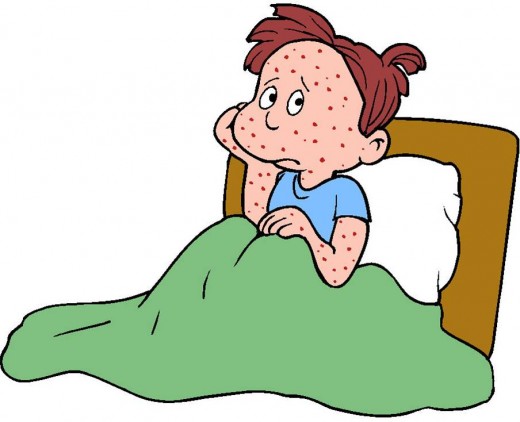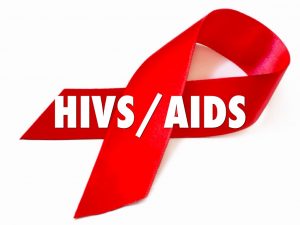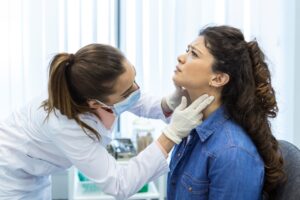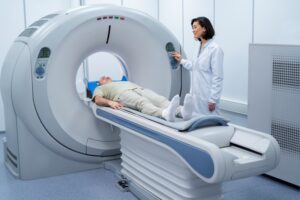
Chickenpox also called as Varicella is a viral illness. One of the most infectious diseases of childhood is Chickenpox. An itchy red rash develops on the skin. In children the illness is mild usually but serious complications like bacterial pneumonia could occur in adults. Immunity for lifetime is developed when a person has had chickenpox. There are no chances of getting it again but the virus continues to remain dormant in the body and can later on in life it can get activated causing shingles.
The herpes varicella-zoster virus causes Chickenpox. Droplets from a cough or sneeze spread the disease. The disease also spreads with infected bed linens, clothing or oozing blisters of the person infected with the disease. After 10-21 days of exposure to the virus, the symptoms start. A day or two before the rash comes up, the disease is considered as most contagious till the rash scabs over and dries completely.
The itchy rash spreads beginning from the torso the neck, face and limbs and lasts for 7-10 days. The rash turns into red bumps and then blisters or vesicles filled with fluid, which later drain and scab over. Blisters may appear around the genitals and eyes, on the scalp and in the mouth. The blisters continue to appear on different areas of the body and after 14 days the sores heal up. Before the rash breaks out, the virus is contagious for at least 24 hours.
Symptoms of Chickenpox include severe pain in the skin, greenish discharge from the rash, persistent lethargy and stiffness in neck. Other symptoms like drowsiness, convulsions, vomiting and fever also may be experienced. The patient must get medical assistance immediately.
As part of precaution fingernails of the patient must be trimmed to prevent scratching, baking soda or oats can be added to bathing water, dabbing of calamine lotion relieves itching, etc is very helpful. Chickenpox rash is very itchy. The rash must not be scratched as it can lead to skin infection. Also if the blisters are scratched then scars may form. Itching can be controlled by taking antihistamines, application of cool compresses and oatmeal baths.
As Chickenpox is very contagious, the patient must be kept at home, till all blisters burst and get crusted over. Beyond getting the symptoms treated, most cases need little or no treatment. For shortening duration of symptoms, the most effective medicine is prescription antiviral drug acyclovir. To relieve pain, anantihistamine and painkillers may be recommended by the doctor. Antibiotics are given if bacterial pneumonia or bacterial skin infection develops.








